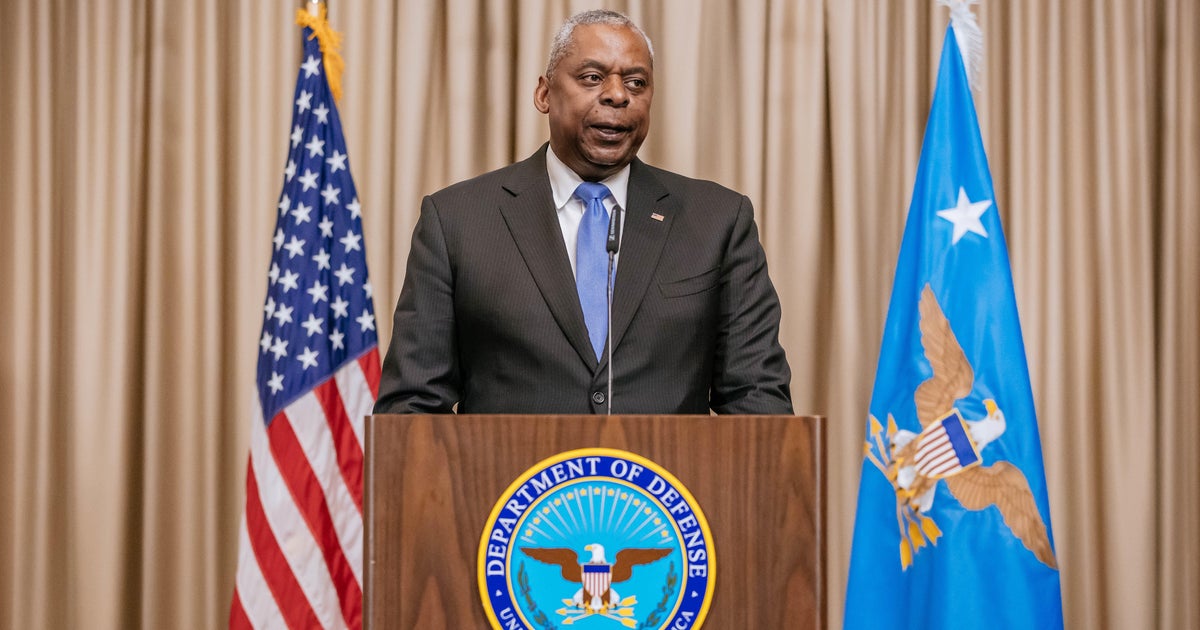Pentagon Report Criticizes Defense Secretary Austin Over Hospitalization Notification
A Pentagon Inspector General report critiques Defense Secretary Lloyd Austin for delaying notification to Congress and the White House regarding his hospitalization.
Overview
The Pentagon's Inspector General criticized Defense Secretary Lloyd Austin for failing to promptly notify Congress and the White House during his hospitalizations for prostate cancer treatment. The report highlighted increased risks to national security and emphasized the need for better communication protocols within the Department of Defense (DoD). Despite the findings, a Pentagon official stated there were no operational impacts during Austin's hospital stays. Austin, who acknowledged missteps in notification procedures, emphasized the need for transparency in future medical situations affecting national security.
Report issue

Read both sides in 5 minutes each day
Analysis
Analysis unavailable for this viewpoint.
Articles (9)
Center (5)
History
- 1y

 5 articles
5 articles




